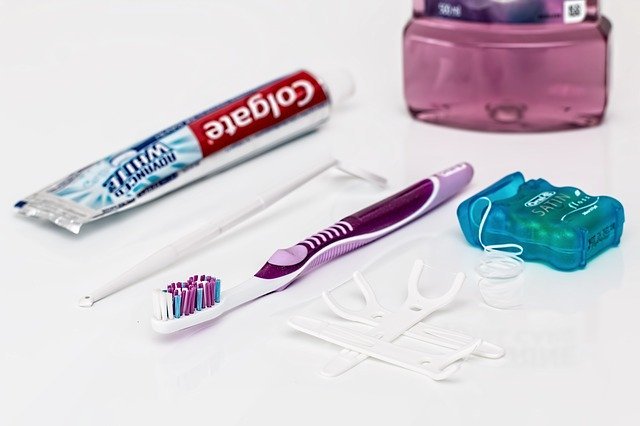
Most people know that good oral hygiene—brushing, flossing, and regular dental visits—is linked to good health.
In a new study, researchers offer fresh evidence to support that conventional wisdom, by taking a close look at invisible communities of microbes that live in every mouth.
They found, among other things, a correlation between people who did not visit the dentist regularly and increased the presence of a pathogen that causes periodontal disease.
The research was conducted by a team at Colorado State University.
The oral microbiome is the sum total of microorganisms, including bacteria and fungi, that occupy the human mouth.
In the study, a community science team in the Genetics of Taste Lab carried out experiments.
A wide cross-section of visitors submitted to a cheek swab and answered simple questions about their demographics, lifestyles and health habits.
Microbial DNA sequencing data analyzed by the researchers revealed, broadly, that oral health habits affect the communities of bacteria in the mouth.
The team found people who flossed or didn’t floss (almost everyone said they brushed, so that wasn’t a useful data point).
Participants who flossed were found to have lower microbial diversity in their mouths than non-flossers.
This is most likely due to the physical removal of bacteria that could be causing inflammation or disease.
Adults who had gone to a dentist in the last three months had lower overall microbial diversity in their mouths than those who hadn’t gone in 12 months or longer and had less of the periodontal disease-causing oral pathogen, Treponema.
This, again, was probably due to dental cleaning removing rarer bacterial taxa in the mouth. Youth tended to have had a dental visit more recently than adults.
Youth microbiomes differed among males and females, and by weight.
Children considered obese according to their body mass indices had distinct microbiomes as compared to non-obese children.
The obese children also tended to have higher levels of Treponema, the same pathogen found in adults who hadn’t been to the dentist in more than a year.
In other words, the researchers saw a possible link between childhood obesity and periodontal disease.
They also saw that people who lived in the same household shared similar oral microbiomes.
The study underscored the need to think about oral health as strongly linked to the health of the entire body.
The study is published in Scientific Reports.
Copyright © 2020 Knowridge Science Report. All rights reserved.



